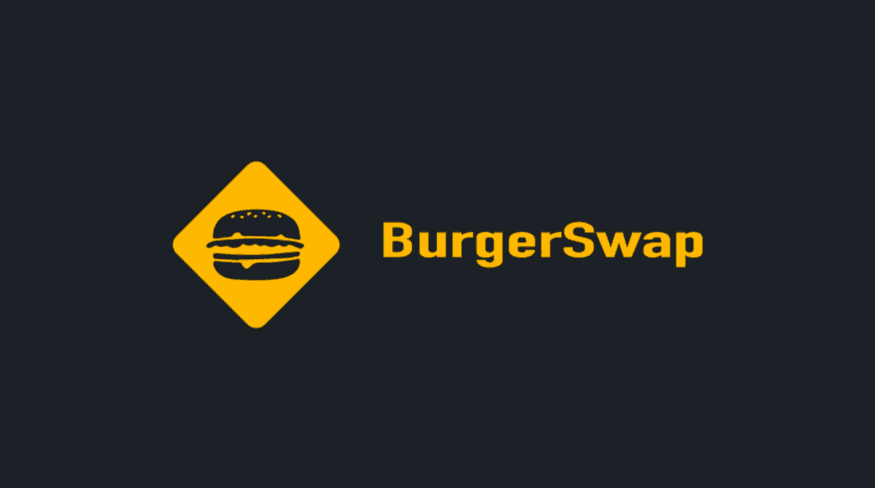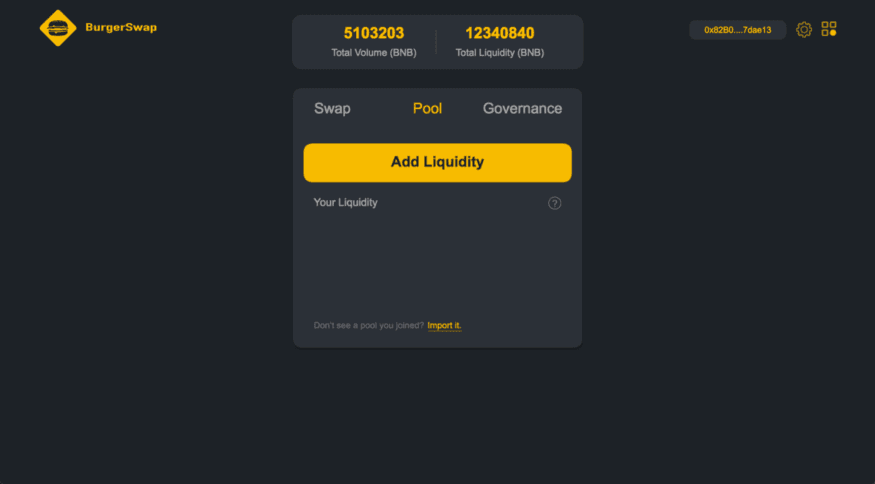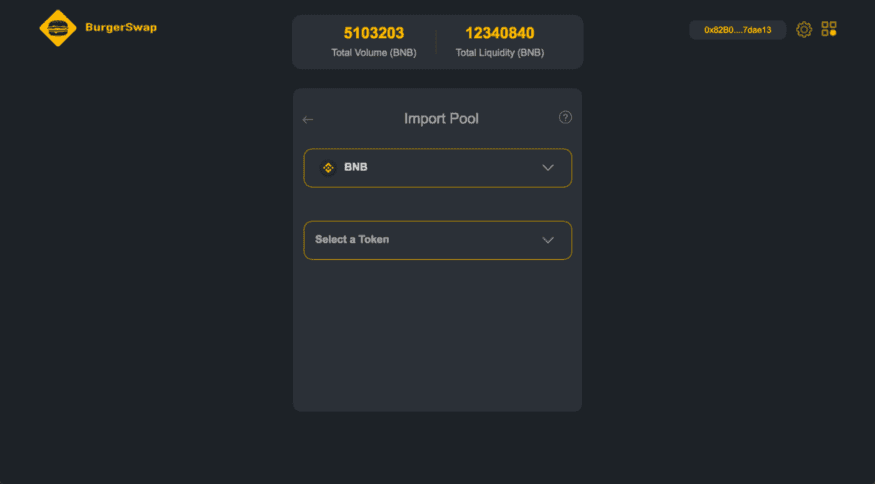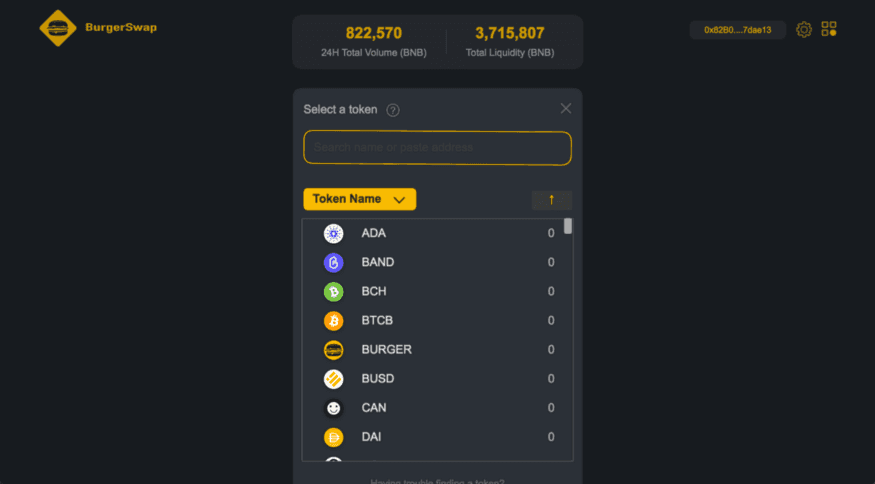DeFi On Binance Smart Chain: What is BurgerSwap?
The DeFi world is full of innovations and new developments. In April 2020, Binance announced its new Binance Smart Chain. This new blockchain works in parallel with the exchange’s primary blockchain, the Binance Chain. Both chains are being improved at […]

The DeFi world is full of innovations and new developments. In April 2020, Binance announced its new Binance Smart Chain. This new blockchain works in parallel with the exchange’s primary blockchain, the Binance Chain. Both chains are being improved at exceptional speed. Now, just a few days ago, a Uniswap clone called BurgerSwap was introduced on the Binance Smart Chain. Let’s take a look at it in more detail.
BurgerSwap: A democratized AMM on Binance Smart Chain
According to the official Medium post, BurgerSwap is an open-sourced democratized automated market maker (AMM). Instead of keeping traditional buy/sell order books like traditional market makers do, AMMs such as Uniswap use on-chain liquidity pools to determine the price ratio between two coins. These liquidity pools allow the exchange of tokens without giving up custody to a centralized exchange.
An important feature of Burgerswap is its democratic governance. The Burger token holders can decide via voting to modify the parameters of the exchange. These parameters include trading fees, staking awards, mining activity, etc… Its users can also get staking prizes if they engage in voting!
BurgerSwap is on the Binance Smart Chain
As mentioned earlier, BurgerSwap will launch on the Binance Smart Chain instead of Ethereum, the more classical choice for most DeFi projects. The Binance Smart Chain is a “parallel blockchain” that delivers programmability to the Binance Chain, basically building a dual-chain system. This allows Binance to make use of smart contracts, giving it full adaptability with the Ethereum Virtual Machine (EVM), all while maintaining the fast execution capabilities of the original Binance Chain. From a user point of view, the two parallel chains work in an identical style, they are merely distinct in their framework.
CZ Binance welcomed the development of Burgerswap on Twitter, while admitting that he was unaware of it and didn’t know its creator. Whether the two have met since is unclear.
BUIDL it, and they come. I do not know who built this one, but it's already live on #BSC.
BurgerSwap https://t.co/hsFQCZ8bcq
The following are some of the key features of BurgerSwap:
Mining rewards (Burgers): According to the official post, BurgerSwap is built on Binance Smart Chain and all the tokens will have BNB trading pairs (Similar to ETH based pairs on Uniswap). Besides, each asset is also expected to have a BURGER pair. If the BURGER pair represents 1% or more of a coin’s total liquidity, the pools become eligible for mining. The ratio is set at 1% by default, with a 0.2% lower limit and a 5% upper limit, and can be changed through voting by the token holders.
Transaction fees: Transaction fees are set at 0.3% on day one. All transaction fees are turned to BURGER and sent to the governance pool. If a user wants to claim their liquidity fees, they will have to stake BURGER tokens as well as participate in voting once a week!
Why BurgerSwap preferred Binance Smart Chain over Ethereum?
The following are the three reasons why BurgerSwap preferred Binance Smart Chain over Ethereum:
As per the official post, Ethereum Gas prices have increased like crazy, and transaction speed has fallen to unacceptable levels. Binance Smart Chain utilizes established ultra-low transaction fees, as low as 1 cent, with a 3 second block time.
Binance has also established one of the most comprehensive cryptocurrency ecosystems and is planning to make its way into DeFi. With millions of registered users on Binance.com, Burgerswap will feed to a wide public of Binance users who desire to partake in DeFi and governance.
The other crucial thing to note is that the Binance Smart Chain is Ethereum Virtual Machine compatible. This makes it easy for Solidity developers to jump into the new chain with little hurdles.
How to list a token on BurgerSwap?
A Token can be listed on BurgerSwap to make it available for trading and liquidity providing. According to the official post, the following are the listing steps:



Conclusion
The recent weeks have seen a myriad of food named tokens. Most of these projects where short lived with the notable exception of Sushiswap. Although Ethereum remains the main platform for DeFi development, it has been plagued by its comparatively low throughput and skyrocketing fees!
DeFi on Ethereum also remains relatively difficult to access for less technically versed individuals. Burgerswap will attempt to avoid these death traps by launching on the much cheaper, much faster, and much easier to use Binance Smart Chance.
Whether it can become the first major DeFi application within the Binance ecosystem, or will be an additional short lived food based DeFi project, remains to be seen in the coming weeks.





























